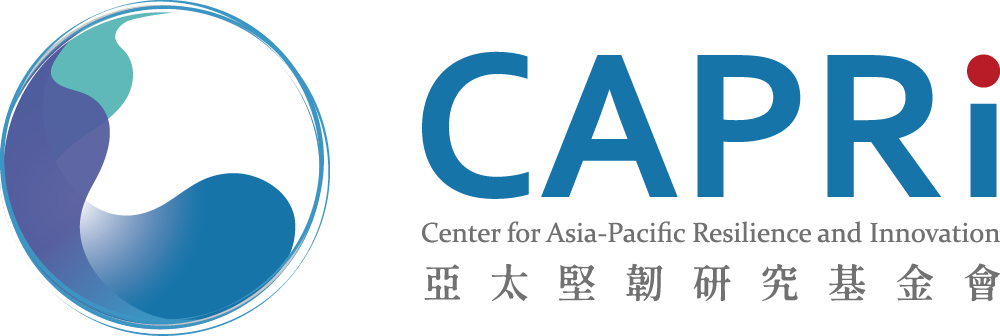Chang-Chuan Chan is a distinguished professor at the Institute of Environmental and Occupational Health Sciences (formerly the Institute of Occupational Medicine and Industrial Hygiene), College of Public Health, National Taiwan University (NTU) (Council on Education for Public Health accredited). He was the ninth dean of the College of Public Health and Director of the Global Health Center and Population Health Research Center at NTU. He is a member of the Association of Pacific Rim Universities (APRU) Global Health Program Advisory Group and the head of delegations for Taiwan in the M8 Alliance of Academic Health Centers, Universities, and National Academies. He is also an advisor to the Taipei City Mayor, a member of the Taipei 2050 Vision Committee, and a member and vice executive officer of the Council for Sustainable Development, Taipei City Government.
Prof. Chan has held prominent positions in international societies, including councilor of the International Society for Environmental Epidemiology (ISEE) from 2015 to 2017, councilor of the International Society of Exposure Analysis (now International Society of Exposure Science) from 2008 to 2011, steering committee member of APRU Global Health Program from 2014 to 2016, a member of the board of directors at Association of Schools and Programs of Public Health (ASPPH), chair of the ISEE, Asia and Western Pacific Chapter (ISEE-AWPC) from 2016 to 2020, and chairman of the Taiwan Society for Risk Analysis from 2008 to 2015. He was the director of the Institute of Occupational Medicine and Industrial Hygiene at NTU from 1999 to 2005 and associate dean of the College of Public Health, NTU, from 2011 to 2017. He holds a Doctor of Science in Air Pollution Control and a Master of Science in Industrial Hygiene and Air Pollution Control from the Harvard T.H. Chan School of Public Health and a Bachelor of Science in Public Health from NTU. He has been a leading researcher in air pollution for more than 20 years, focusing on environmental epidemiology, exposure and risk assessment, and global health governance, with collaborative projects in Malaysia, Thailand, Mongolia, India, South Korea, Japan, US, and European Union, and has over 200 publications in SCI journals.

